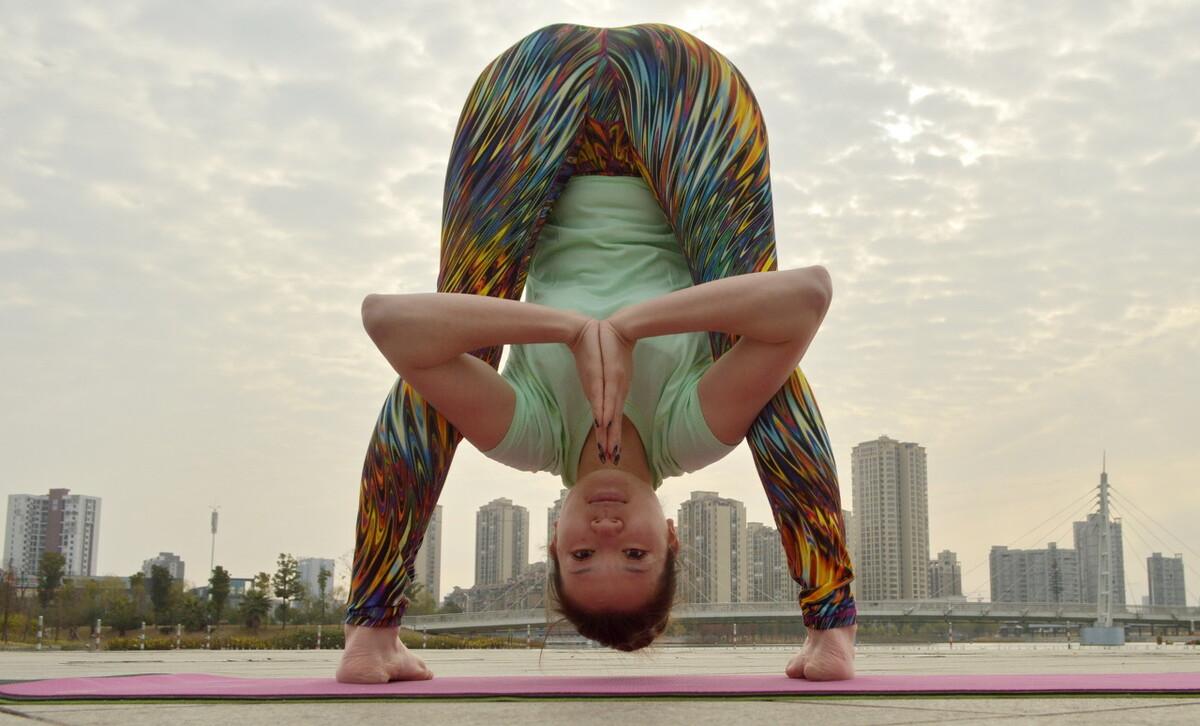<h1 class="pgc-h-arrow-right" data-track="1" > Astanga vs Hatta: Which one is right for you? </h1>
There are many differences between Ashtanga and Hatha Yoga. Hatha is the most commonly used type of yoga and is perfect for beginners. Ashtanga is a more energetic and structured form of yoga.

<h1 class="pgc-h-arrow-right" data-track="17" >What is Hatha Yoga? </h1>
Hatha Yoga is relatively gentle and slow, perfect for beginners.
Hatha Yoga classes usually vary depending on the teacher and the time of day. For example, morning classes are more energizing, while evening classes are calmer, with more asanas sitting and supine stretching.
So, Hatha Yoga classes will vary depending on the studio, teacher, student, and time of day.
<h1 class="pgc-h-arrow-right" data-track="25" >What is Ashtanga? </h1>
Ashtanga Yoga is a structured and dynamic form of yoga that is a series of poses. Praying to help warm up the body, then turn to a standing position, sit, and end the exercise in an inverted position.
In Ashtanga Yoga, where emphasis is placed on breathing to help guide us from one pose to another in Worship, Ashtanga is also known as Eight Limb Yoga, and the Ashtanga we practice now is given to Sri K. Pattabhi Jois by Professor Sri T Krishnamacharya, who made Ashtanga Yoga popular around the world.
<h1 class="pgc-h-arrow-right" data-track="31" > similarities between Ashtanga and Hatha Yoga</h1>
1. Ashtanga and Hatta are both Hatha yoga practices
Hatha Yoga is a branch of yoga, so Ashtanga Yoga is actually a form of Hatha Yoga practice.
2. Similar posture
Ashtanga is more energetic than Hatha Yoga, but there are also many common postures that are the same. For example, the lower dog type, the triangle type, and so on. The difference is in their intensity, Hatha Yoga will spend more time in each pose, and the teacher will pay more attention to the right position. In Ashtanga, each position is generally held 5 breaths.
3. The basis is breathing
Both types of yoga are very focused on breathing. In Ashtanga, this breathing guides the practitioner in and out of each set of poses as smoothly as possible. It's a more dynamic exercise, and in Hatha Yoga, breathing is a little easier.
4. Classes end in a corpse-sharing manner
Both Hatha and Ashtanga yoga classes ended in a corpse stall. The difference is the duration and whether it is guided relaxation.
<h1 class="pgc-h-arrow-right" data-track="44" > the difference between the two</h1>
Overall, Ashtanga is more energetic than Hatha Yoga. Ashtanga Yoga class follows the breath, so each breath is an action. Hatha Yoga is much slower. This gives the teacher time to explain the posture, so it is more suitable for beginners
1. Hatha Yoga is slower than Ashtanga
In hatha yoga poses, the teacher instructs the correct breathing so that it can maintain the posture and learn not to be nervous when challenged. You can transition more calmly to the next pose, which is the opposite of Ashtanga Yoga, which flows between poses.
2. Ashtanga Yoga is more rigorous
This is the key to distinguishing Ashtanga from other types of yoga. Ashtanga Yoga follows a series of postures, starting with breathing and then moving to the Sun Worship, Standing, Sitting and Ending Postures. Practice the same sequence of postures day after day. For people who like change, other yoga may be more suitable for you.
3. Ashtanga Yoga is harder
Ashtanga Yoga is more difficult and demanding on the body than Hatha Yoga. In addition to the demanding posture of the body in Astanga, special attention needs to be paid to energy locks, breathing and gaze points in order to involve the mind and soul in the practice as well.
4. Ashtanga Yoga has two different ways to teach
Hatha Yoga is usually taught by a teacher who instructs students through the sequences they have designed. This can be oral instruction, or some or all of the poses can be demonstrated.
Ashtanga Yoga also has a password class. There are also Mysore classes where students memorize sequences of postures and practitioners practice at their own pace.
Which one do you prefer? Ashtanga or Hatha...